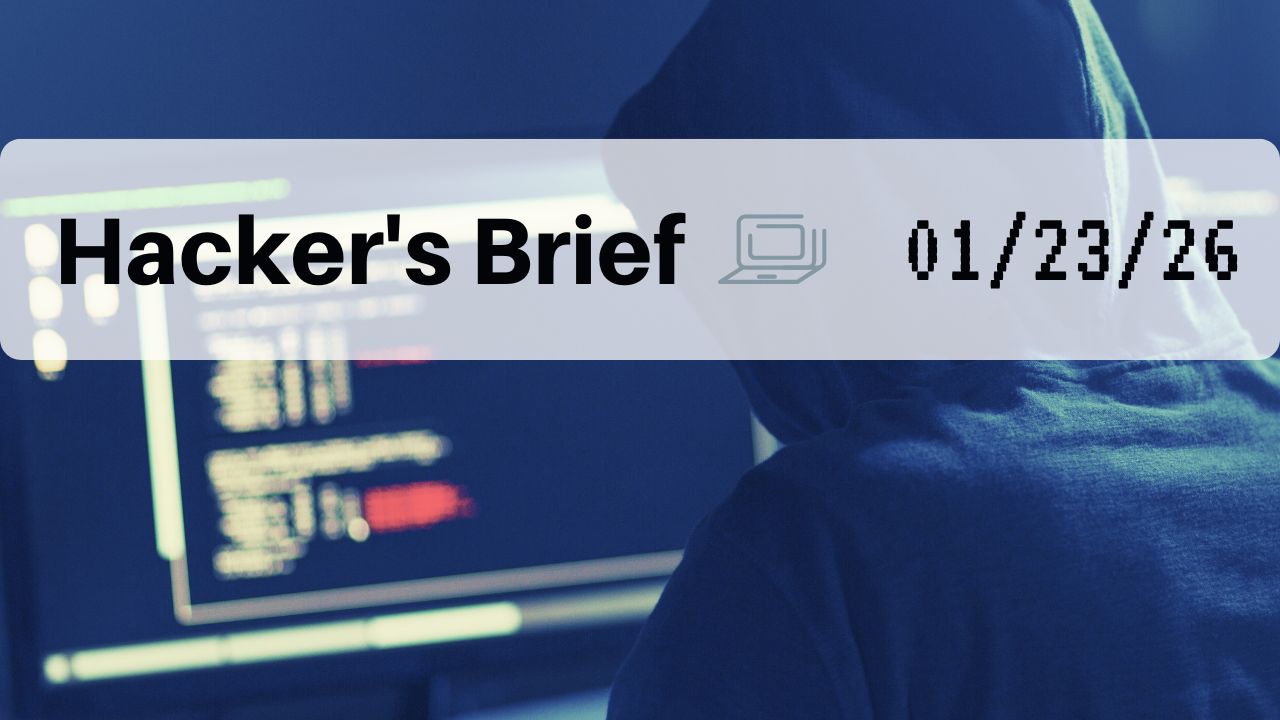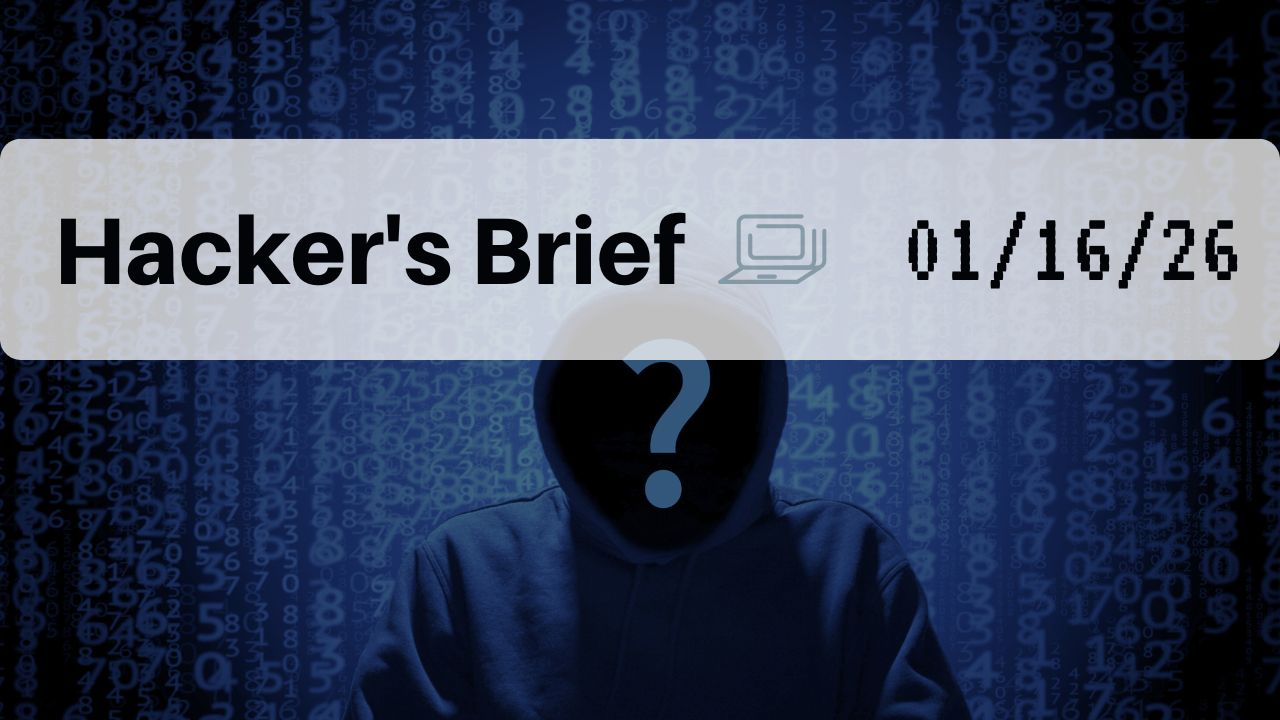
www.wyocan.org
www.cyberwyoming.org/alliance
307-223-1265, PO Box 2332, Laramie, WY 82073
Ticket to Nowhere:
A scam text campaign is targeting Wyoming phone numbers (area code 307), with messages appearing to come from various Philippine numbers (+63). The texts impersonate the "Wyoming Department of Vehicles" and falsely claim that the recipient has an outstanding traffic ticket. They warn that if payment is not made by June 9, 2025, enforcement actions will begin on June 10, including suspension of vehicle registration and driving privileges, DMV reporting, added service fees, legal action, and damage to credit scores. The messages include a link to a fake payment site, with URLs that vary slightly in each message, a common tactic used by scammers to bypass spam filters. CyberWyoming Note: What makes the scam particularly deceptive is its use of a "half story" approach, mixing believable elements (such as the mention of a Wyoming department to Wyoming numbers) with false claims to increase credibility. Do not click any links, but instead report the message, block the sender, and delete it. The scam relies on creating a false sense of urgency to pressure recipients into reacting before thinking critically.
Investment Bait & Switch:
A resident of Laramie received a scam text message impersonating BlackRock, a legitimate investment management firm. The message came from a New Jersey area code and falsely claimed the recipient had been "chosen" to access BlackRock’s “data-backed signals” and an “11k strategy” that supposedly filters market noise. It included a suspicious URL, indicating a phishing attempt to lure victims into clicking the link—potentially to steal personal or financial information. CyberWyoming Note: Never click on links or reply to unsolicited messages, especially those promising exclusive financial opportunities. Report, delete, and block the sender immediately.
Mobile Phones – The New Frontline of Cybercrime:
According to the Malwarebytes 2025 Mobile Scam Report, smartphones have become the most direct and dangerous entry point for cybercriminals. As mobile technology integrates deeper into daily life, so do the risks. Scammers now exploit how we work, shop, and connect on mobile devices, making attacks more personal and frequent. Based on surveys of 1,300 users in the US, UK, and DACH region, the report outlines a landscape where fear is high, but action is low. Phishing, deepfakes, and scam ads are becoming part of everyday mobile life—especially for younger generations. It's time we take mobile security seriously.
– Brought to you by Malwarebytes malwarebytes.com/mobile-scams
Microsoft Teams Adds Screenshot Protection:
Microsoft is set to roll out Enhanced Meeting Protection for Teams in July 2025 to prevent screen captures during meetings. When enabled, it turns the app window black if a screenshot is attempted, helping protect sensitive content. The feature will work on Windows, Mac, iOS, and Android, while users on unsupported platforms like browsers will be limited to audio-only. However, it can’t stop third-party screen recorders or physical photos. This update follows Skype’s shutdown, with Microsoft urging users to switch to Teams.
– Brought to you by Ghacks
ghacks.net/2025/05/12/microsoft-teams-will-soon-prevent-screen-captures-during-meetings/
Google to Use AI to Block Tech Support Scam Sites in Chrome:
Google has announced it will use AI to block tech support scam websites in Chrome, starting with version 137. While users can already enable Enhanced Protection under Settings > Privacy and security > Security > Safe Browsing, Google will now extend this protection to all users by default, without requiring them to opt in. The on-device AI will detect scam behavior in real-time, helping stop threats that appear and disappear quickly.
– Brought to you by MalwareBytes
malwarebytes.com/blog/news/2025/05/google-chrome-will-use-ai-to-block-tech-support-scam-websites
Ad Fraud Targeting Android Phones:
Android phones are being targeted by fraudulent ad brokers. In the past, if an Android device was infected, the only consequence was slower performance. Now, however, fraudulent apps display unskippable ads to scam the businesses that purchase them. Google Play Protect automatically defends users against apps that engage in malicious behavior. As a result, researchers did not find any malicious versions of Kaleidoscope on the Google Play Store.
To keep your device free from ad fraud-related malware:
- Download apps from the Google Play Store whenever possible.
- Be cautious about the permissions you grant to new apps. Ask yourself: does the app truly need those permissions to function? For instance, the “Display over other apps” permission should raise a red flag.
- Dubious ad sites often request permission to display notifications. Granting this increases the likelihood of receiving intrusive ads via the device’s notification bar.
- Use up-to-date, actively running security software on your Android device.
– Brought to you by MalwareBytes
malwarebytes.com/blog/news/2025/05/android-users-bombarded-with-unskippable-ads
MS-ISAC and CISA Patch Now Alert:
The Multi-State Information Sharing and Analysis Center (MS-ISAC) or the Cybersecurity & Infrastructure Security Agency (CISA) has published a patch now (update your software) alert for Mozilla Firefox, Adobe products, and Microsoft products. If you use any of these products, make sure the software (or firmware) is updated.
Data Breaches in the News:
Sensata Technologies, Episource, LLC, and United Natural Foods (UNFI). Note: If you have an account with any of these companies, be sure to change your password and consider placing a credit freeze on your accounts through the three credit reporting agencies: TransUnion, Experian, and Equifax.
Please report scams you may experience to phishing@cyberwyoming.org to alert your friends and neighbors.
Other ways to report a scam:
- Better Business Bureau Scam Tracker: bbb.org/scamtracker/us/reportscam
- Wyoming Attorney General’s Office, Consumer Protection
- File a complaint with the Federal Trade Commission at reportfraud.ftc.gov
- Get steps to help at www.IdentityTheft.gov
- Report your scam to the FBI at www.ic3.gov/complaint
- Reported unwanted calls to the Federal Trade Commission’s Do Not Call Registration. Online at donotcall.gov/report.html or call 1-888-382-1222, option 3
- Office of the Inspector General: oig.ssa.gov
- If you believe someone is using your Social Security number, contact the Social Security Administration’s (SSA) fraud hotline at 1-800-269-0271.
- AARP Fraud Watch Network (any age welcome) Helpline 877-908-3360
- IRS: report email scams impersonating the IRS to phishing@irs.gov
- Call the Wyoming Senior Medicare Patrol (SMP) for assistance with potential Medicare fraud, abuse, or errors at 1 800 856-4398
- Victim Support: The AARP Fraud Watch Network and Volunteers of America (VOA) created a new, free program to provide emotional support for people impacted by a scam or fraud, called ReST. Visit www.aarp.org/fraudsupport to learn more about the free program and register








